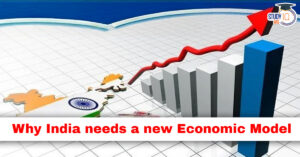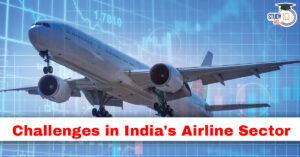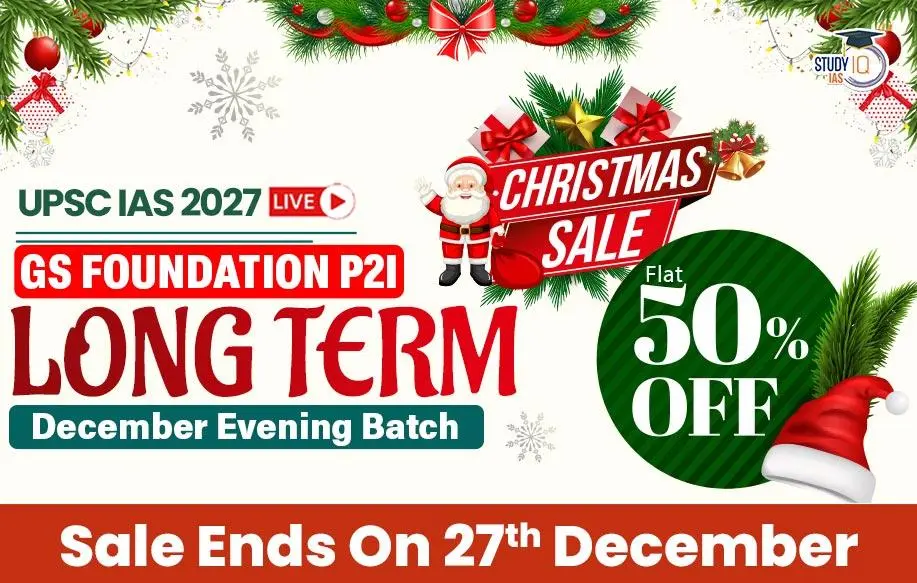Table of Contents
Context: The country’s foreign policy stance reshaped India’s global image, advocating a balanced perspective on global issues, as seen in his notable 2022 speech at the Bratislava Forum. This approach aligns with the vision of India as Vishvabandhu (“friend of the world”).
What is Multipolar World Order?
A multipolar world order refers to a global power structure where several countries hold significant influence, rather than just one or two dominant powers. Unlike a unipolar world order (dominated by one power) or a bipolar world order (dominated by two powers), there’s no single country calling the shots.
Continuities in Foreign Policy
South Asian Focus
The presence of leaders from South Asian countries and Indian Ocean partners (such as Bangladesh, Bhutan, Nepal, Maldives, Sri Lanka, Mauritius and Seychelles) at the inauguration of the new government signals a push for greater economic integration and geopolitical cohesion in the subcontinent, excluding Pakistan.
Global South Emphasis
- African Union included in G20 during India’s presidency in 2023
- (Dakshin) Development and Knowledge Sharing Initiative Global South Centre for Excellence inaugurated.
Great Power Relationships
- 2+2 ministerial dialogues with US and Russia
- Participation in multiple multilateral groupings: G20, Quad, SCO, BRICS, I2U2, Indo-Pacific Economic Framework
- Managed relationship with Russia despite international tensions
- Non-confrontational stance with China despite border issues
- Close ties with G7 countries: Japan, France, UK, Italy, Germany
- Permanent invitee to G7 summits since 2019
Shifts in Foreign Policy
- Economic Focus:
- Transition from political to economic conversations.
- Positioning India as a trusted +1 alternative to China
- Emphasis on “Make in India” initiative
- Expansion and professionalisation of supply chains
- Encouragement for increased private investments in manufacturing
- Services Export:
- Aim to go beyond IT services
- Example: Development of Amaravati as a tech competitor
- Digital Public Infrastructure: India’s model of digital public infrastructure is gaining acceptance globally, aiding both developed and developing countries.
- Trade Agreements: Commerce Minister Piyush Goyal’s efforts are expected to bring India into more bilateral and regional trade agreements, potentially including a significant South Asian trade agreement.
- Diplomatic Role Change: Indian diplomats are increasingly tasked with attracting foreign investments, indicating a strategic shift in embassy roles to bolster economic ties.
- Middle Power Engagement: The past five years have been marked by instability due to events like the COVID-19 pandemic, the Russia-Ukraine conflict, the Gaza situation, and global sanctions, which have strained the international system.
- Middle powers with substantial economic, regional, and military capabilities are becoming more influential.
- Nations such as Australia, South Korea, Saudi Arabia, Turkey, Singapore, and Germany are increasingly impactful.
- As an emerging middle power with considerable resources and population, India is positioned alongside countries like Brazil, South Africa, Mexico, and Indonesia, and is set to enhance its interactions with these peers.
- Global Economic Stance:
- Support for a multipolar world order
- Neither favouring dollar domination nor Yuan reserve-currency aspirations
Conclusion
India is increasingly central to global politics, courted by governments worldwide due to its strategic importance and active participation in major international forums. With its recent engagements, including significant summits and its role in various global groupings, India is committed to driving economic and financial progress while advocating for fair global governance. This approach positions India as a stabilising force in an evolving multipolar world order, challenging traditional economic dominances and promoting a more equitable global system.


 Why India Needs Its Own Economic Model?
Why India Needs Its Own Economic Model?
 Challenges in India’s Airline Sector: ...
Challenges in India’s Airline Sector: ...
 Forest Conservation Act, 1980: Objective...
Forest Conservation Act, 1980: Objective...

























